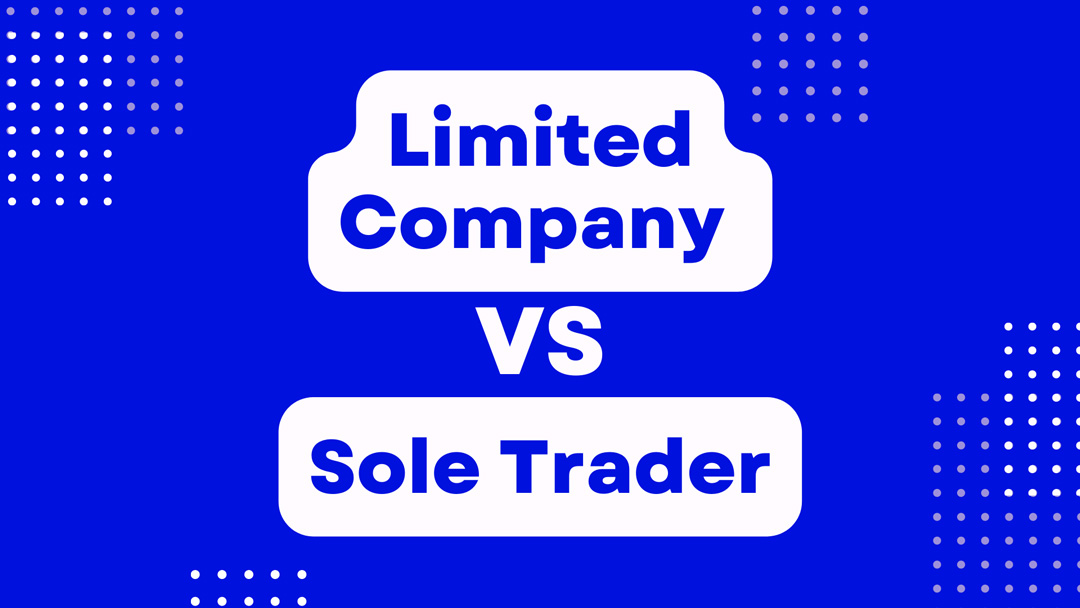One of the first and most important decisions you’ll make when starting a business in the UK is choosing its legal structure. For many entrepreneurs, the choice comes down to two options: sole trader or limited company. Each has its advantages and disadvantages, and the right option depends on your business goals, tax preferences, and future plans.
In this blog, we’ll break down the key differences between the two and help you decide which structure is right for your business.
What is a Sole Trader?
A sole trader is a self-employed individual who owns and runs their business as an individual. This is the simplest and most common form of business in the UK.
Advantages:
- Simple setup and low administrative costs.
- Full control over business decisions and profits.
- Easy tax filing through a self-assessment tax return.
Disadvantages:
- Unlimited liability — you’re personally responsible for any debts.
- Limited tax planning opportunities.
- May appear less credible to clients or investors.K
What is a Limited Company?
A limited company is a separate legal entity from its owners. It can enter into contracts, own assets, and is liable for its own debts.
Advantages:
- Limited liability — your personal assets are protected.
- More tax-efficient options through dividends and allowances.
- Greater credibility with banks, clients, and investors.
Disadvantages:
- More administrative duties — including annual accounts, confirmation statements, and Corporation Tax returns.
- Higher accounting costs.
- Must adhere to Companies House regulations.
Tax Implications: Sole Trader vs Limited Company
Sole traders pay Income Tax and National Insurance on all profits. In contrast, limited companies pay Corporation Tax (currently 25% in most cases), and directors can pay themselves through a mix of salary and dividends — often resulting in lower overall tax liability.
Which Structure is Right for You?
Ask yourself:
- Are you just starting out or testing a business idea? A sole trader may be simpler.
- Are you earning over £30,000–£50,000? A limited company might be more tax-efficient.
- Do you plan to raise funds or hire employees? A limited company offers more flexibility.
How TT Accountancy Can Help
At TT Accountancy, we specialize in helping London-based entrepreneurs choose and manage the right business structure. Whether you’re registering as a sole trader or forming a limited company, we’ll guide you through the process, handle the paperwork, and provide expert tax advice.
👉 Get in touch with TT Accountancy to make the best decision for your business!
Both structures have their pros and cons. Your choice will depend on your specific circumstances, growth ambitions, and how comfortable you are with administrative responsibilities. Consulting with a professional accountant can make the decision easier — and more profitable in the long run.
Need help setting up your business? Contact TT Accountancy today for a free consultation.

 ?>
?>




